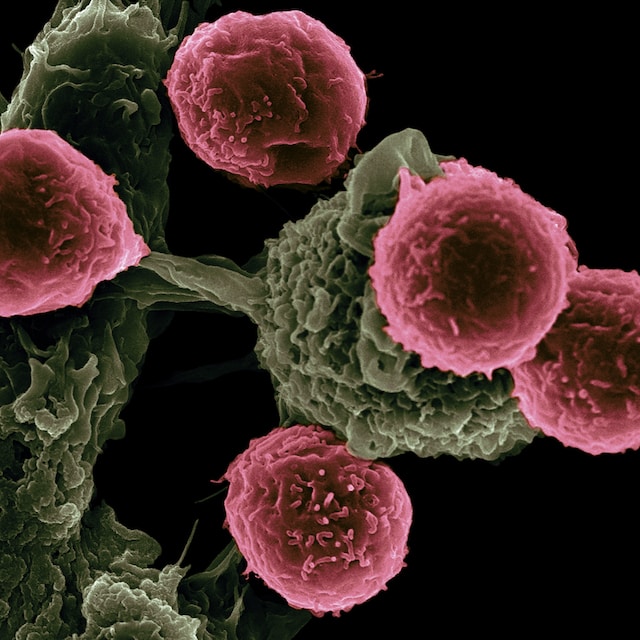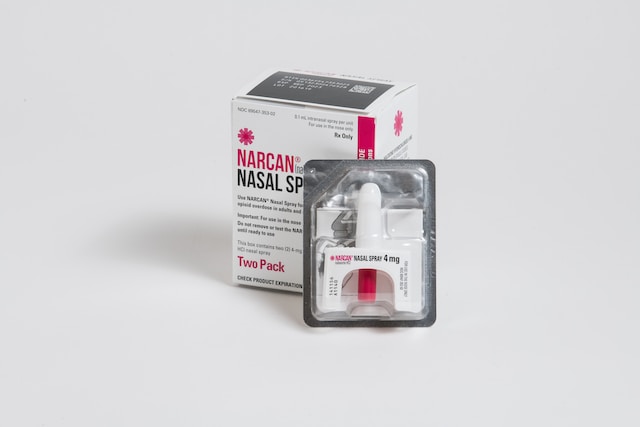A new cancer detection tool known as the “holy grail” of early detection is currently being tested in hospitals throughout the U.K., and experts say it could revolutionize cancer treatment by predicting tumors more than a year before they begin to form. It is the first pan-cancer blood test, according to Ashish Tripathi, founder and CEO of Tzar Labs and chairman of Epigeneres Biotech, an Indian firm that first developed the test in 2021.
“We can detect [cancer] earlier than other known technologies … before the tumor has physically formed,” Tripathi explained in a recent interview. “Not only can I actually detect it at this stage — I can actually tell you which cancer and where it is forming, straight from a blood test.” <sic>
During a clinical trial that involved one thousand participants, including 500 cancer patients and 500 non-cancer patients, researchers used the tool to accurately predict the formation of tumors related to 25 different types of cancer, including some of the most prevalent and lethal varieties, such as pancreatic, breast, lung, and colorectal cancer. Some patients in the non-cancer group were identified as having a predisposition for a future cancer diagnosis. The results of the tool were published earlier this month in the journal Stem Cells.
“We did not get even one false negative, not even one false positive,” Tripathi noted.
The technology is now being tested in the U.K. and the researchers hope to bring it to the U.S. soon.
Unlike other types of blood-based cancer tests, Tripathi’s technique highlights stem cells that have a biomarker for cancer. This allows him to predict what kind of cancer may form inside the patient before the tumor starts to form rather than testing existing tumor cells.
He explains that all cells begin as stem cells. Those that contain the biomarker for cancer may go on to form tumors that can lead to a cancer diagnosis. It takes a billion cancer cells to form a one cubic centimeter tumor. As the tumor grows, the body begins shedding cancer cells into the bloodstream, which can lead to the growth of new tumors.
Previous blood-based cancer detection tools relied on the presence of fully fledged tumor cells traveling through the bloodstream. But Tripathi said this method is prone to false negatives because these cells aren’t detectable in every sample of blood.
“Here lies the breakthrough that we’ve made: Every liquid biopsy company that you’re aware of … they were looking for these [tumor cell] fragments in peripheral blood,” he added. But “very few” tumor cells are circulating in the early stages of cancer. By the time these tumor cells are in the bloodstream, it is often too late for treatment.
The new tool can screen for both Stage 1 and 2 cancers but it can also determine whether the patient has stem cells destined to turn into tumor cells up to 18 months before the first stage of cancer.
If successful, the prognostic tool would help millions of people find out if they are predisposed to develop cancer before the tumor appears. Earlier detection would give the patient more treatment options and increase their chances of survival. “The latest research in the U.S. shows that as soon as you do a biopsy, you speed up the activity of the tumor,” Tripathi noted, but the new blood test can be performed over and over without harm.
“The body is willing to tell you about whether medication is working or not within 15 days … there are no diagnostic tools available that can actually measure this every 15 days because you can’t repeatedly do biopsies of a patient.”
Surprise late-stage cancer diagnoses could soon be a thing of the past. “What we wish for is a world where all of us will do this test once a year, and we will either catch cancer at Stage 1 or before — every time — when it is infinitely more curable,” Tripathi said.



